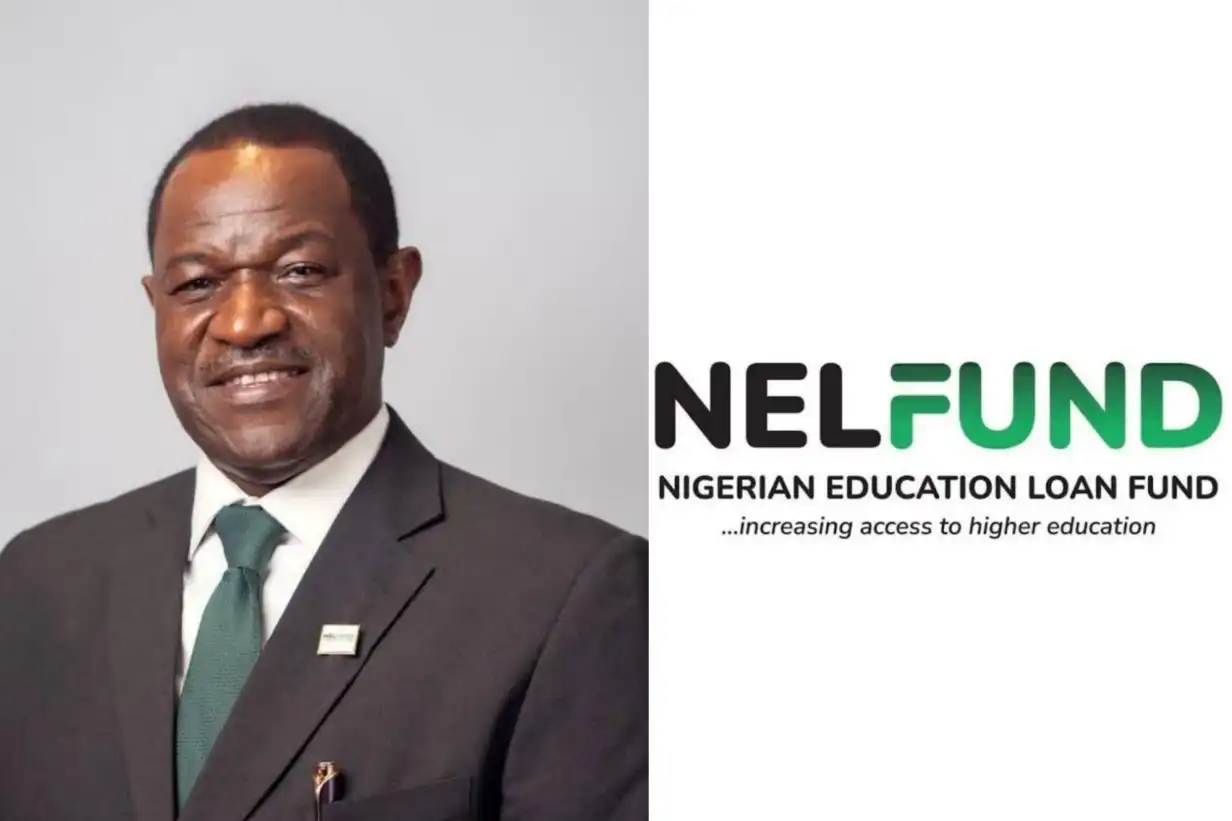The Managing Director of the Nigerian Education Loan Fund (NELFUND), Akintunde Sawyerr, yesterday explained that students who benefit from the scheme are expected to begin repayment two years after completing their National Youth Service Corps (NYSC) programme.
He clarified that repayment will only start if beneficiaries secure employment within that period.
“If a student or a loanee has graduated, two years after they complete their NYSC, there is some obligation for them to start paying the loan back if they have a job. It makes sense in the value chain that we should assist in that process of helping people get jobs,” he said while speaking on Arise Television.
Sawyerr disclosed that NELFUND does not directly create jobs but will provide a platform to link beneficiaries to opportunities.
“We don’t create jobs. What we can do is connect people with jobs. So one of the things that we intend to do is to set up a portal, attract vacancies and jobs into that portal, connect them with students who have loans so that they get jobs and they can pay the loan back. It’s in their interest and the interest of NELFUND to make this connection. And it’s a very small investment for us to make, given the potential value that it brings back to the students,” he added.
The NELFUND boss stressed that no form of connection or influence is needed to access the loan. According to him, “no student needs any connection to benefit from the programme, bar the normal verification carried out in the process of application.”
Providing data on the scheme, he said that as of yesterday morning, 724,000 students had applied for the loan, while 449,000 have been confirmed as beneficiaries. “A beneficiary is somebody whose fees have been paid and in some cases have had their fees and the upkeep provided to them. So 449,000 people are in that category. Talking further around the numbers, the 449,000 beneficiaries are from 218 institutions. Tertiary institutions at federal or state government level, N47 billion paid to those institutions on behalf of these 449,000. It’s impossible to apply twice. And finally, the upkeep, we have paid N38 billion,” Sawyerr explained.
On repayment arrangements, he stressed that measures are in place to trace beneficiaries and ensure compliance.
“The President was very careful with this. He didn’t want students to be penalized for taking a loan to go and get an education. So the obligation to pay the loan back is on the employer. When an employer employs, they go to a database to identify whether the person they’re employing has a loan with the NELFUND or not. If they have a loan with the NELFUND, the employer is obliged to deduct 10 per cent with the permission of the consent of the employee. 10 per cent of those fees, of their salary or their wages, depending on whether they’re doing weekly work or monthly work, can then be remitted to the NELFUND account. But the obligation is on the employer, not on the student. Unless, of course, the student or the loanee, rather, is self-employed, in which case they have an obligation to pay that 10 per cent,” he said.
He also addressed issues of duplicate payments, saying that where students pay fees even after NELFUND has already disbursed funds to their institutions, such money must be refunded.
“The institutions have been making great strides to refund some of this money to students. Some are slower than others. It’s also important to recognise that there’s a cost to returning funds. So some of them have returned funds short of what was actually paid to them because there’s a charge. These are administrative issues. They’re not a big deal. They’re administrative issues which, over time, will be smoothed over. NELFUND is working very closely with the institutions and with the students to smooth these over. These are things that we must experience. We must go through them. There are teething problems,” he added.

